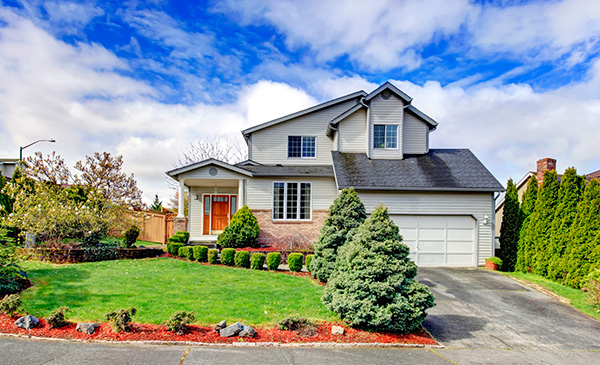5 Key Factors That Affect Your Mortgage Rate
 Many first time home buyers often wonder what factors determine their mortgage rate. Is it their credit score? Is it the type of loan chosen? Is it the size of the loan?
Many first time home buyers often wonder what factors determine their mortgage rate. Is it their credit score? Is it the type of loan chosen? Is it the size of the loan?
The truth is, there are many factors at play. Mortgage interest rates are not standardized across the board, so they vary from lender to lender and from borrower to borrower.
Here are 5 common factors that determine or affect your mortgage interest rate:
1. Default Risk
Risk is a key consideration when determining mortgage interest rates. Banks and other lenders are in a risky business because there is always a chance of a borrower defaulting on their loan repayments. This is known as default risk.
Banks and lenders therefore charge riskier borrowers higher interest rates to discourage them from borrowing, as well as to be able to average their returns between risky and non-risky borrowers. Risk is one of the prime factors that influence your mortgage rate.
2. Credit Score
Perhaps you are wondering how banks and other lenders determine if you are a risky or non-risky borrower. There are many tools they can use, but your credit score plays a big role. You credit score is based on the borrowing history in your credit report, which summarizes all details about your credit card balances and timely bill repayment.
If you pay your bills on time and sustain relatively low credit scores, your credit score stays high and lenders view you as a low-risk borrower. Consequently, your mortgage interest rates tend to be lower than a person with a low credit score.
3. Type of Property You Are Purchasing
Some properties have a higher risk of default compared to others. This is determined by analyzing the historical likelihood of default on different properties; lenders use this analysis as the reason to charge higher mortgage interest rates on riskier ones.
For example, vacation homes tend to have a higher rate of default compared to single-family homes and lenders charge higher rates for such homes.
4. Size of Down Payment
The amount of money you pay upfront on the mortgage also influences its interest rate. A large down payment gives you a lower LTV ratio (loan-to-value), which also decreases the level of risk borne by a lender. A small down payment, on the other hand, gives you a high LTV ratio and thus a higher mortgage interest rate.
5. Loan Amount
A large loan bears a higher risk than a smaller one simply because there is more money at risk. Most lenders therefore charge higher interest rates on large property loans as compared to smaller ones.
All in all, different lenders offer different rates depending on their style of operation, appetite for risk, or competitiveness in the market. It’s important to search intensively for offers from different lenders for the best mortgage rate. Contact your mortgage professional to help you find out more about mortgage rates and what that means for your next home purchase.
 Last week’s economic reports included readings from Case-Shiller Home Price Indices, new and existing home sales and weekly readings on mortgage rates and first-time jobless claims.
Last week’s economic reports included readings from Case-Shiller Home Price Indices, new and existing home sales and weekly readings on mortgage rates and first-time jobless claims. Spring is many people’s favorite season of the year. Obviously, there are many valid reasons why this is so. One of the best things about spring is that it is an ideal time to sell your home.
Spring is many people’s favorite season of the year. Obviously, there are many valid reasons why this is so. One of the best things about spring is that it is an ideal time to sell your home.